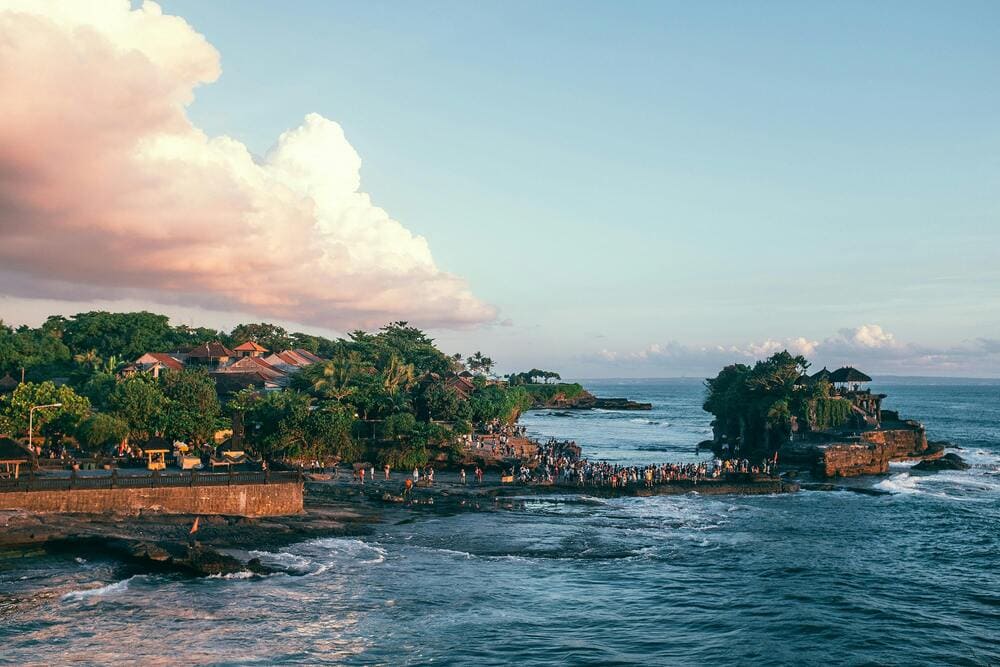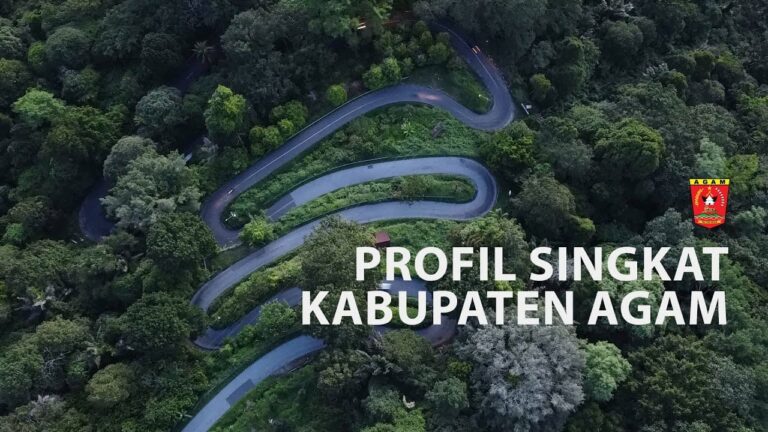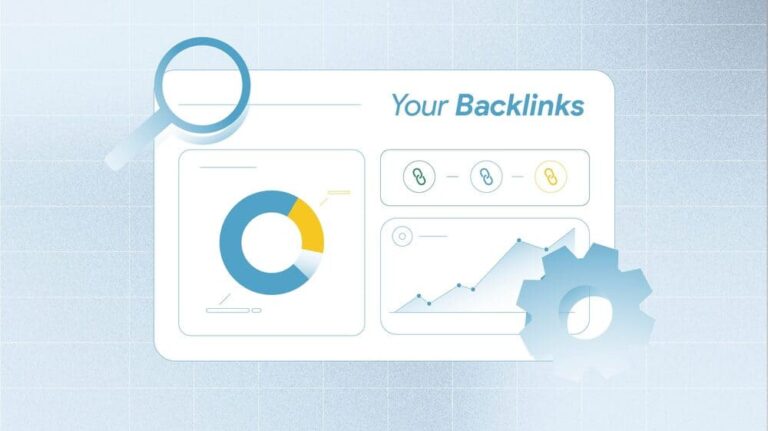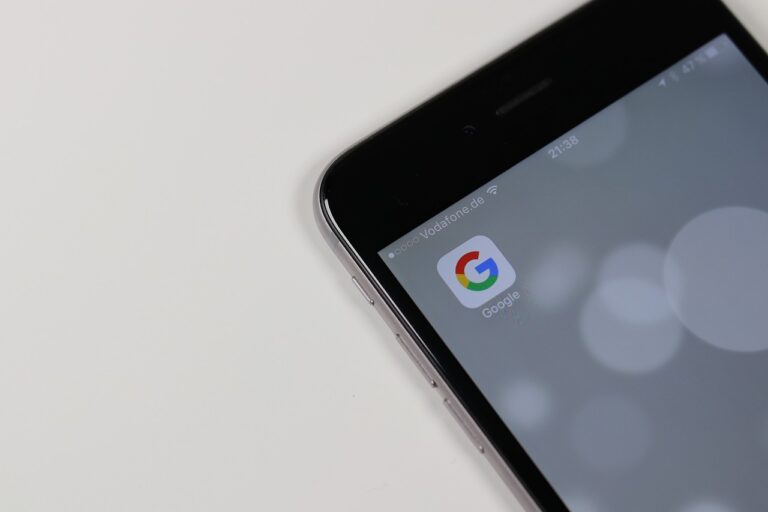Table Of Contents
- Understanding Bali’s Business and Tourism Seasons
- The Formula for Timing Your Google Ads Budget
- Why February is Ideal for Budget Allocation
- Leveraging High Season Opportunities
- Tailoring Google Ads Campaigns to Seasonal Trends
- The Role of Remarketing in Budget Planning
- How Noethera Can Help Optimize Your Google Ads Strategy
- Conclusion
- Evaluate Seasonal Demand
Identify months when customer demand is likely to be lower. For most businesses in Bali, February and October are prime candidates for additional advertising due to reduced tourist arrivals. - Analyze Historical Performance
Review past campaign data to identify trends in clicks, impressions, and conversions during different months. For instance, if your campaigns performed well during the low season in previous years, it might be worth allocating extra budget to sustain or improve those results. - Set Clear Objectives
Decide on the primary goal of your Google Ads campaigns. Are you looking to increase bookings, attract foot traffic, or promote a new service? Having a clear objective helps determine how much additional budget to allocate and which keywords to prioritize. - Factor in Upcoming Events or Holidays
Consider events or holidays that might influence consumer behavior. For example, Chinese New Year in February or Nyepi in March could create unique opportunities to attract specific audiences with targeted ads. - Monitor and Adjust
Use tools like Google Analytics and Google Ads reports to monitor campaign performance. If you notice positive trends, consider increasing your budget incrementally to capture more leads or sales.
- Lower Competition: During the low season, fewer businesses may actively advertise, reducing competition for ad placements. This can result in lower cost-per-click (CPC) rates, allowing you to reach more potential customers without overspending.
- Attract Budget-Conscious Travelers: Off-season travelers often seek deals and discounts. By running Google Ads campaigns promoting special offers, you can capture this audience and fill gaps in your revenue.
- Maintain Brand Visibility: Even if immediate conversions are lower, maintaining an online presence during the low season ensures your brand stays top-of-mind when high season returns.
- Highlight Off-Season Offers: During low seasons like February, promote discounts or packages that encourage travelers to visit despite the quieter period.
- Feature Unique Experiences: Use high season campaigns to showcase what sets your business apart, whether it’s exclusive activities, luxurious amenities, or local authenticity.
- Leverage Local SEO: Optimize your Google Ads campaigns with location-specific keywords like “best resorts in Ubud” or “affordable tours in Bali” to target travelers searching for services in your area.
- Seasonal Campaign Planning: We analyze Bali’s tourism trends to recommend the best times to allocate additional budget.
- Keyword Optimization: Our team identifies high-performing keywords that resonate with your target audience.
- Ad Performance Monitoring: We track and optimize your campaigns in real-time to ensure continuous improvement.
- Customized Solutions: Whether you’re promoting a luxury villa, a local café, or an adventure tour, we create campaigns tailored to your unique business needs.











